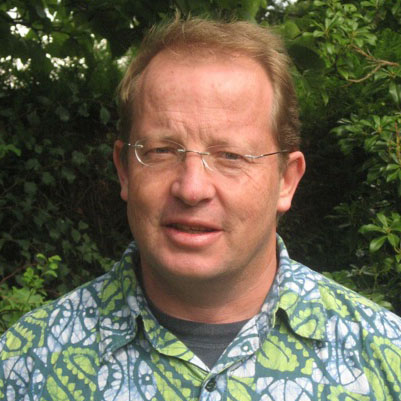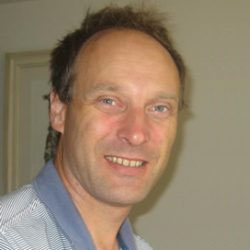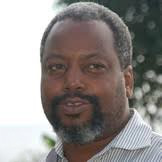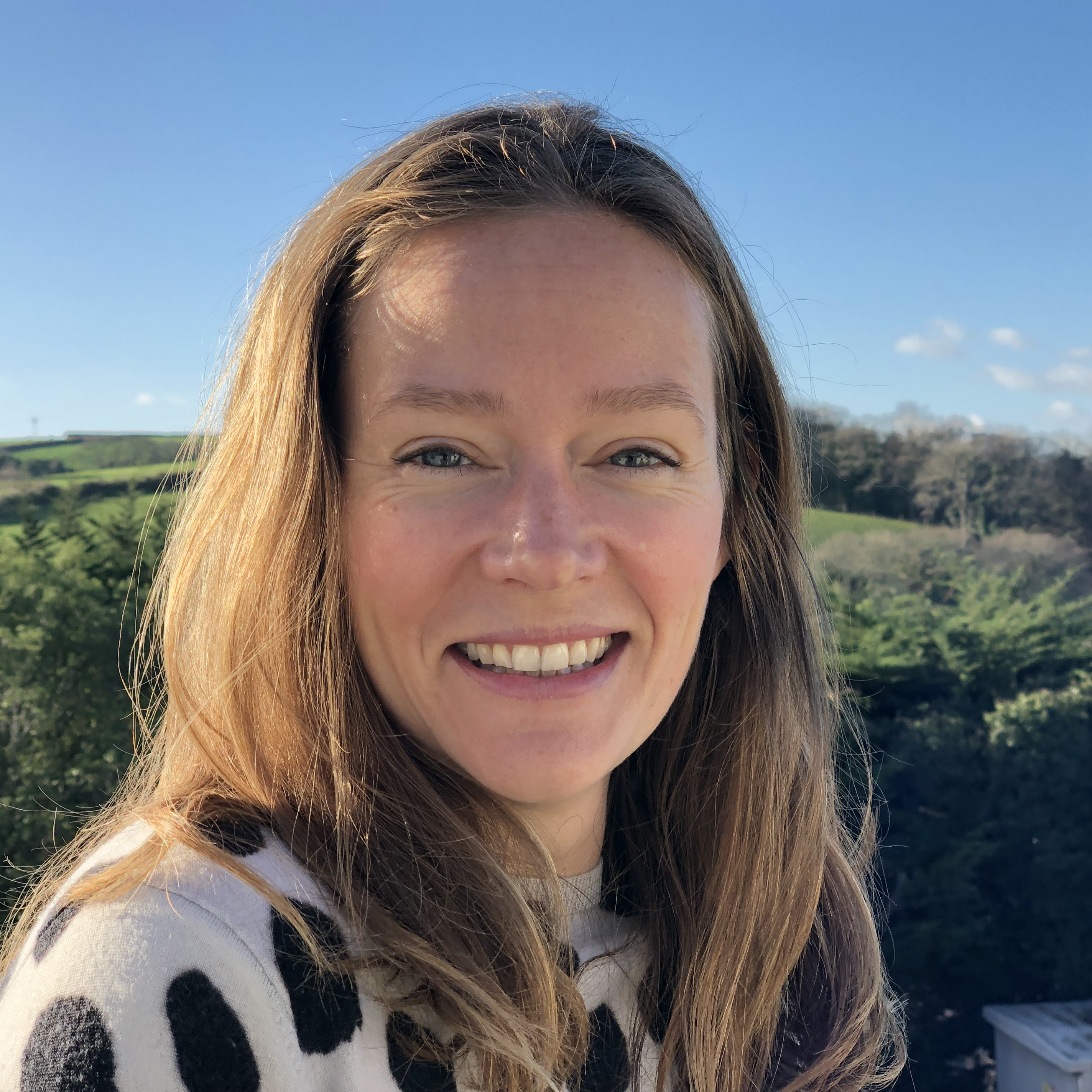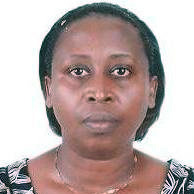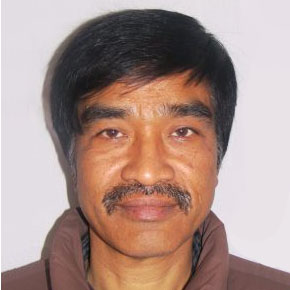Tom Blomley (United Kingdom)
Tom Blomley has over twenty years of development experience, of which fourteen have been spent living and working in East Africa. Throughout this period, he has been responsible for designing, managing and implementing community based natural resource management programmes, and integrated conservation and development projects. Between 2003-2008 he undertook a long term support position with Danida working in the Ministry of Natural Resources and Tourism in Tanzania as Participatory Forest Management (PFM) Adviser, where he advised on the scaling up of PFM within 61 districts across Tanzania through national and local government institutions. Since 2008 he established and directs Acacia Natural Resource Consultants Ltd, which provides short-term consulting services to a range of governmental, inter-governmental and NGO clients relating to sustainable natural resource management, sustainable rural livelihoods, energy and climate change/REDD+ in East and Southern Africa and South East Asia.
Tom’s CV can be downloaded here: Tom Blomley CV
Matthew Owen (United Kingdom)
A Geographer by training, Matthew Owen is a development professional with 20 years’ experience in Africa and Asia, most of them as a resident of Kenya. He has diverse specialisations that include biomass fuels and alternative energy, environmental conservation and natural resource governance, and the delivery of safe water and sanitation. The common theme running through his work is the inter-dependence of sustainable human development and the sound management of natural resources. Matthew has worked in more than 20 countries on the design and evaluation of development programmes and the formulation of sectoral strategies and policies, in addition to impact studies, organisational reviews and technical training. Though now based in the UK, he remains a partner in two Kenyan companies, one marketing fuel-efficient institutional woodstoves and methanol gel fuel, the other producing charcoal.
Kahana Lukumbuzya (Tanzania)
Kahana is a Tanzanian citizen who has lived and studied for many years in Canada. While in Canada he obtained a MSc in Forest Ecology at McGill University. He returned to Tanzania in 1994 and worked for four years with the Tanzania Forest Research Instute. In 1997, he went on to work for the Danish Embassy in Dar es Salaam as programme officer (Environment) where he supported a large bilateral programme working on environment and natural resource management. In 2007 he started working in the consultancy sector, as director of HTSPE-Tanzania, a subsidiary of a large UK-based consultancy company. During this time he undertook assignments for a range of clients in Tanzania including Danish, Finnish and Norwegian Embassies, CARE International, WWF, World Bank and others. He now operates as an independent consultant.
Julia Latham (United Kingdom)
Julia is a conservation scientist specialising in community-based approaches to natural resource management and monitoring and evaluation. She has more than 15 years of experience working on the environment-development nexus in both academic and practical settings, and has been working as an independent consultant since 2013. Julia has expertise in the design, implementation, monitoring and evaluation of multi-stakeholder conservation efforts. She has written technical ‘how to’ guidebooks, conducted numerous programme and project evaluations at local, national and global levels, and provides technical advice to UK Aid Direct (DFID) and Darwin Initiative (DFID and Defra) funded projects. Julia holds a PhD in Environmental Economics and Environmental Management from the University of York in collaboration with the Stockholm Environment Institute. For her doctoral research Julia worked closely with multiple forest stakeholders in the Eastern Arc Mountains of Tanzania, where she examined the social and economic trade-offs associated with the conservation of forests.
Agrippinah Namara (Uganda)
Agrippinah’s area of expertise revolves around social development and social research. She has over 15 years of practical experience across Uganda, and is particularly engaged with working on social, poverty and livelihood issues within the context of conservation and natural resource management. Furthermore, she has trained extensively in gender and social analysis and has conducted a number of gender and social impact analyses. She has a solid track record in the utilising particpatory methods in practical development work and social research. She has worked for a wide range of clients, such as USAID, WWF, CARE, the Institute for Tropical Forest Conservation, Africa Conservation Centre, Flora and Fauna International, African Wildlife Foundation and others. Agrippinah holds a Masters degree in Development Studies, from the Institute of Social Studies, The Hague.
Prom Tola (Cambodia)
Tola worked for four years as a researcher at Cambodian Development Resource Institute (CDRI). From 2005 onwards, he has worked as a freelance consultant for a various project, inclding Asian Development Bank, the World Bank, Danida, as well as number of local, regional and international NGOs. Tola’s key areas of expertise are in thefields of natural resource management and livelihoods, socio-economic research and value chain analysis for the natural resource management and agricultural sectors and project evaluation / impact assessment. Tola holds a Masters degree in Agricultural Systems from the Asia Institute of Technology (Bangkok).
Kumud Shrestha (Nepal)
Kumud holds a masters degree in forest resource management from the State University of New York as well as a MA in Sociology. Between 1981 and 1991, he worked as a forester in a number of locations in Nepal and was active in promoting community forestry at the local level. He moved to the Ministry of Forests and Soil Conservation in 1991 where he worked as a planning officer. From 2004 to present he has been working as an independent consultant, providing services to government, donor agencies and NGOs on subjects such as community forestry (with a particular focus on governance aspects and ensuring inclusion of marginalised groups such as indigenous peoples); climate chance (both mitigation and adaptation) and project evaluations.


